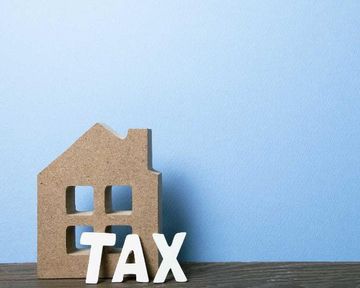Legal Property News
Understanding the ins and outs of a property sales agreement
19 Feb 2024
In the world of property transactions, one crucial document serves as the cornerstone of the entire process—the property sales agreement. While it may seem intimidating at first, understanding its significance is essential for both buyers and sellers.
read more
Capital Gains Tax: A step-by-step guide for home sellers
31 Jan 2024
Selling your home is a significant financial transaction, and understanding the implications of Capital Gains Tax (CGT) is crucial to ensure you remain tax-compliant.
read more
What Happens If Your Landlord Sells the Property: A Tenant's Guide
26 Jan 2024
It's not uncommon for landlords or property owners to decide to sell their rental properties. When faced with such a situation, tenants often find themselves wondering about their rights and the impact on their living situation.
read more
What’s the deal with title deeds? Everything homeowners need to know
11 Dec 2023
If you’ve ever bought a property, you’ll also have received a title deed (which your bank or home loan provider will hold onto until the home is fully paid off). And even if you haven’t had that experience, you’ll probably have seen good news inserts about the residents of low-cost housing projects receiving the title deeds to their homes. The document states and proves a person's legal right to own a piece of land or a building. In other words, it’s important.
read more



